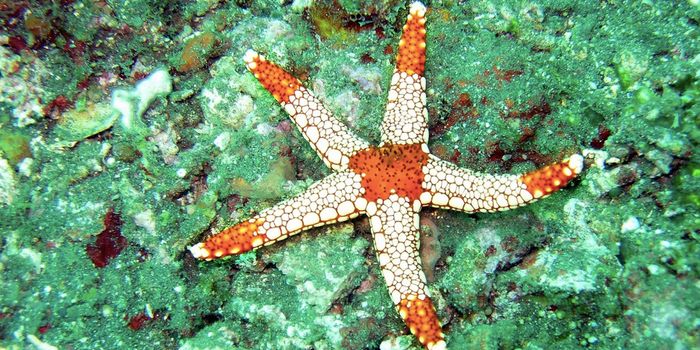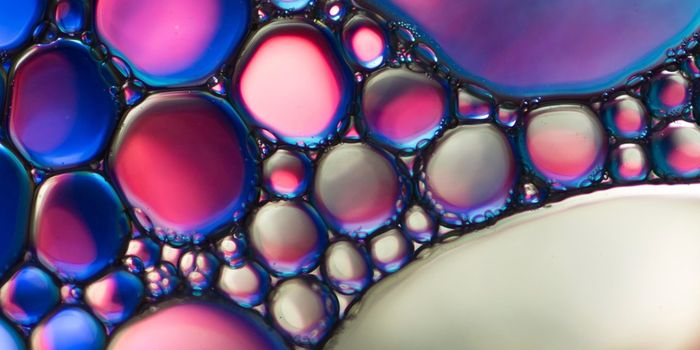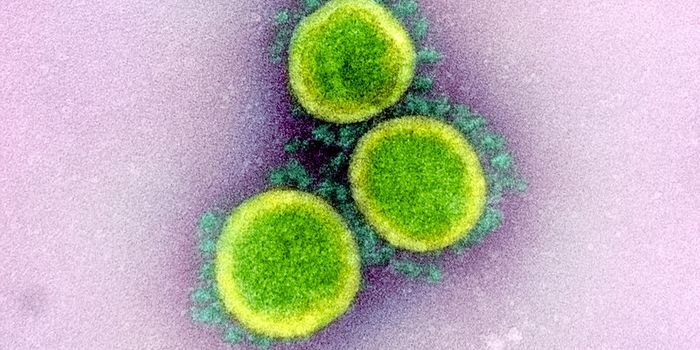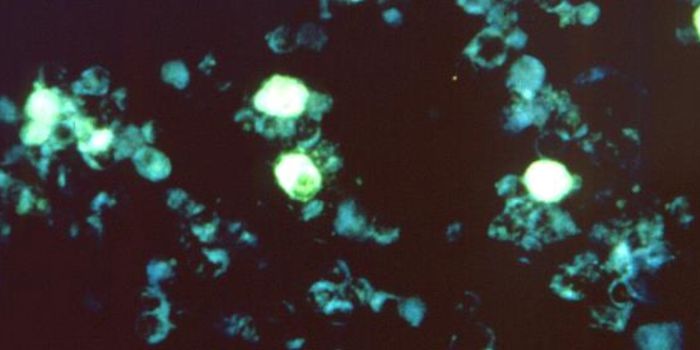A Potential Treatment for MERS is Found
Coronaviruses have been in the news recently because of the new one that has emerged in China, called 2019-nCoV. MERS-coronavirus causes Middle East Respiratory Syndrome, which is similar to the flu or in more serious cases, pneumonia. It has sickened around 2,500 people in 27 countries since it emerged in 2012, and it has killed about a third of those infected. Right now, there is no treatment for MERS.
Scientists have now found that a cellular process that recycles and disposes of unnecessary or damaged cellular components called autophagy may be a target for combating MERS. The researchers determined that the MERS virus must inhibit autophagy in order to replicate efficiently. Existing drugs that induce autophagy were found to dramatically reduce the replication rate of the virus. These findings have been reported in Nature Communications.
It's known that a variety of viruses must disrupt or inhibit autophagy, and the researchers wanted to know whether MERS did so as well. The began by infecting cells with MERS, and when that happened, they saw that the process was indeed dysfunctional.
"This result clearly indicated that the MERS pathogen benefits from an attenuation of the cellular recycling process," said the co-leader of the research, PD Dr. Marcel Müller of the Institute of Virology at Campus Charité Mitte.
His team of researchers also identified a protein called SKP2 that helps regulate autophagic degradation. SKP2 acts as a switch that can slow the process down and MERS can activate this protein.
When MERS-infected cells were exposed to SKP2 inhibitors, autophagic degradation was stimulated and viral replication was reduced dramatically. Drugs that have been approved already were able to achieve this effect, including a drug for tapeworm called niclosamide, which is a known SKP2 inhibitor.
"Our results reveal SKP2 to be a promising starting point for the development of new substances capable of fighting the MERS virus, and potentially even other autophagy-dependent viruses," said Müller.
Viruses are not targeted by SKP inhibitors directly, so the researchers suggested that they may not be as likely to cause drug resistance.
"However, SKP2 inhibitors will need to be tested in vivo before they can be used as drugs. Furthermore, one has to properly evaluate the risks and benefits for their in vivo use, since even drugs that have already been approved can have side effects," Müller added.
The scientists are also interested in whether SKP2 inhibitors can reduce the replication rate of other coronaviruses, including 2019-nCoV.
Sources: AAAS/Eurekalert! via Charité - Universitätsmedizin Berlin, Nature Communications









